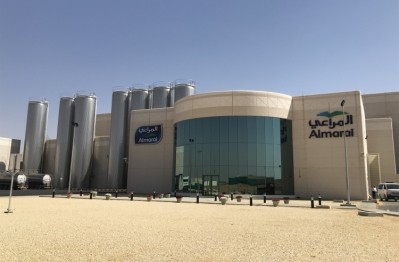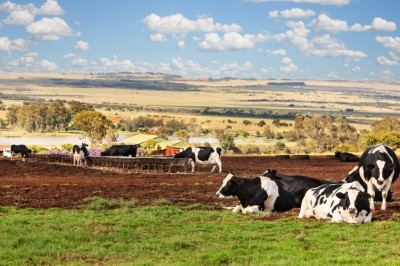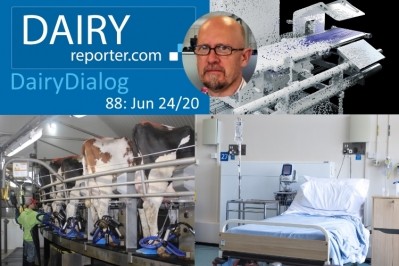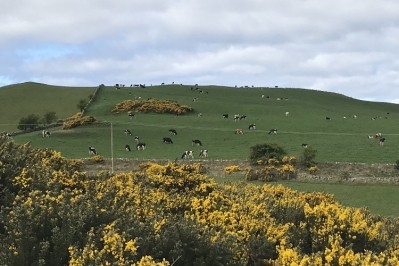Dairy companies in high-risk category of FAIRR pandemic report
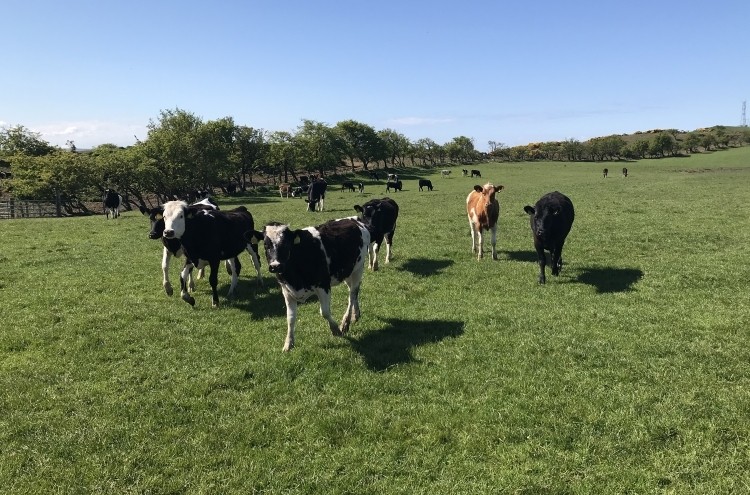
The report, “An Industry Infected,” was produced by FAIRR, a global investor network supported by institutional investors managing assets of more than $20tn.
In the report, 44 of the world’s 60 largest meat, dairy and fish companies were graded high risk in a Pandemic Ranking that assesses performance from worker safety to food safety. None of the 60 companies studied were awarded a low-risk ranking.
The report did not include other global dairy companies and cooperatives, as FAIRR told DairyReporter, “The scope of the Index focuses on listed companies involved in breeding, processing, distributing and selling meat, dairy or aquaculture products, reflecting (approximately) the 60 largest listed livestock and aquaculture companies by market cap.”
It added FAIRR's analysis and evaluation of the 60 companies is “very detailed, therefore stopping at 60 companies is a matter of resourcing.”
Results
In the wake of the economic and human health issues caused by the coronavirus pandemic, FAIRR said it found 73% of the world’s largest animal protein producers (collectively worth over $220bn) score as ‘high risk’ in its ‘Pandemic Ranking’.
Their performance across a set of seven criteria, which FAIRR said are vital to preventing future zoonotic pandemics – antibiotics stewardship, managing deforestation and biodiversity loss, working conditions, animal welfare, waste and pollution, food safety and investment in alternative proteins – demonstrates intensive animal production is at serious risk of creating and spreading a future pandemic, according to the group.
FAIRR told DairyReporter it conducted company assessments using publicly available information, including annual and sustainability reports and company websites.
“Each risk factor is made up of numerous detailed criteria, primarily around a company’s performance, policy and disclosure,” FAIRR said.
“For example, a company’s score on antibiotic use includes whether the company explicitly states it is reducing its antibiotic use, whether the company uses antibiotics routinely, whether medically important antibiotics are used, etc.”
All 60 companies were given an overall ranking of ‘low’, ‘medium’, ‘high’ risk’ or ‘best practice’, A full methodology is available in the report.
Of the companies primarily dedicated to dairy included in the ranking, Fonterra Co-operative Group Ltd fares the best, with a medium risk ranking of 56.
China Mengniu Dairy Company Ltd had a high-risk score of 26, Vietnam Dairy Products JSC (Vinamilk) was also high risk with a score of 21, and Almarai Co JSC’s score of 16 was also high risk. Inner Mongolia Yili Industrial Group Ltd and China Modern Dairy Holdings Limited were also labeled high risk, with scores of 15 and 11 respectively. Sanyuan Group, also located in China, received a 13 score.
Jeremy Coller, founder of FAIRR and CIO of Coller Capital said, “Factory farming is both vulnerable to pandemics and guilty of creating them. It’s a self-sabotaging cycle that destroys value and risks lives.
“To avoid causing the next pandemic, the meat industry must tackle lax safety standards for food and workers alike, closely confined animals and overused antibiotics. This will disrupt a supply chain already cracking from fundamental land, water and emissions constraints.”
The ‘Pandemic Ranking’ uses data collected by the Coller FAIRR Protein Producer Index and aims to be a tool investors can use in ESG integration and active ownership strategies, to identify where the gaps are to achieving resilience in the global food chain and to mitigate future disasters.
Coller said, “The results of the Pandemic Ranking will leave a sour aftertaste for investors in the $1.5 trillion meat, fish and dairy industry.”
FAIRR’s research also reflects on opportunities in the alternative protein sector, following steep sales growth of plant-based proteins. In the US in one week in April, sales of plant-based meat alternatives were up 200% year on year, and shares of Beyond Meat have risen over 80% this year.
DairyReporter reached out to all of the dairy companies included in the report for comment.
